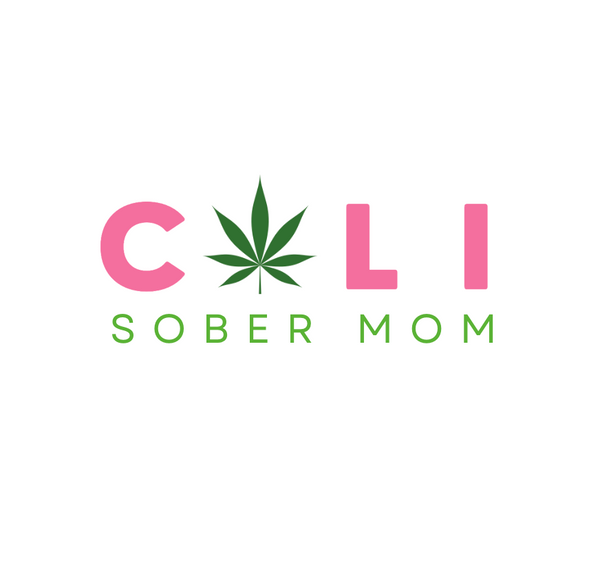Sharing your truth isn’t always celebrated. Sometimes, it comes with resistance. It comes with questions, doubts, or outright denial from those who were part of the story you’re telling. I recently shared a memory from my childhood—one that left lasting imprints on who I am and how I learned to survive in a world that didn’t recognize the signs of what I now know to be ADHD and autism.
It was a story of unmet needs, of masking, of being held to standards that felt impossible for an 8-year-old. It was a story of punishment instead of understanding. A story of a balloon popped not just with a sharp sound but with the sharpness of rejection, a message that I wasn’t enough just as I was. That I had to be someone else to be worthy of celebration.
When I shared this, I knew it was my truth. And yet, the reaction I received from some people close to me shook me. They remembered things differently. They denied the details. They questioned my experience. They questioned me.
And for a moment, that doubt crept in. I wondered, Am I exaggerating? Was it really that bad? Am I just being dramatic? I had a breakdown. Because when the people you expect to validate your story refuse to see it, it stings. It feels like rejection all over again.
But here’s what I’ve learned: My experience is valid, whether others accept it or not.
I was there. I lived it. The details might blur with time, but the feelings remain crystal clear. The isolation, the fear, the need to mask who I was to avoid punishment—that was real. And acknowledging that doesn’t mean I’m ungrateful, or that I’m attacking anyone. It means I’m honoring my experience and the child I was, who didn’t have the tools or the voice to say, “This hurt me.”
Processing, Not Attacking
It took time to process the blowback I received. But I came out on the other side realizing that this was not about me. Their refusal to accept my truth is a reflection of their discomfort, not my reality. We all have different ways of remembering, and sometimes those memories clash because the truth can be painful to face. But that doesn’t mean I should silence myself to make others comfortable.
This isn’t about blaming. It’s about naming—naming what happened so I can heal, so I can stop carrying the weight of unspoken hurts. It’s about saying, “This shaped me, but it doesn’t define me.”
Boundaries Are Self-Care
Through this process, I’ve learned that setting boundaries isn’t about pushing people away. It’s about protecting your peace. It’s about deciding who gets access to your energy and who doesn’t. If someone can’t respect my experience, I have the right to step back. Not out of anger, but out of self-preservation.
I’m choosing to surround myself with people who believe me, who support me, who understand that acknowledging pain is part of healing. And if that means letting go of relationships that refuse to evolve, so be it. Because reclaiming my story is worth it.
To Anyone Struggling to Share Their Truth
If you’re reading this and you’ve experienced something similar, know this:
- Your truth matters.
- Your feelings are valid.
- It’s okay to set boundaries to protect yourself.
You are not alone. Speaking your truth might be uncomfortable, but staying silent to make others comfortable only prolongs the pain. There is freedom in honesty, and there is healing in naming your experience.
This holiday season, remember that you don’t owe anyone silence or masking. You owe yourself the gift of authenticity and the power of your own story.

